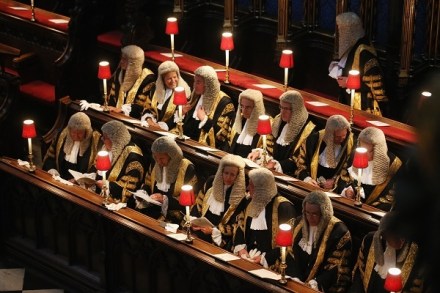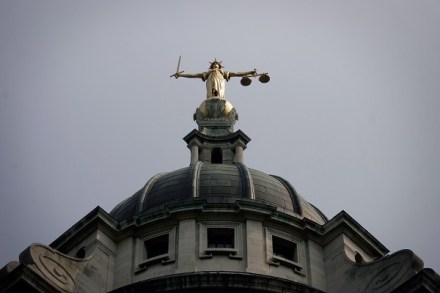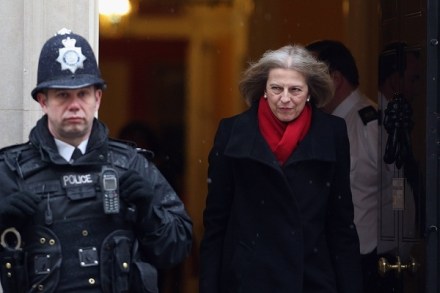Should Saudi men be allowed to drive?
It’s important that newspapers make themselves sounding boards for unpopular opinions, especially in an age when identity is sacred and people are judged by having the right views rather than the right behaviour. But we still reserve the right to mock if they are badly argued, such as this Guardian piece arguing that since most Saudi women oppose lifting the driving ban, we should not be campaigning for it. It concludes: ‘People in Saudi Arabia have their own moral views and needs. What works in other societies may not fit in Saudi, and the reverse. In short, instead of launching campaigns to change the driving laws in the kingdom, the west



















